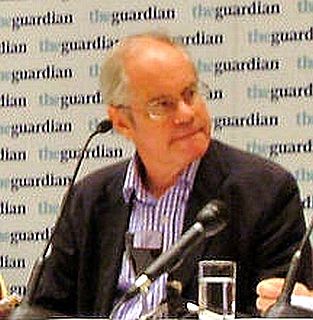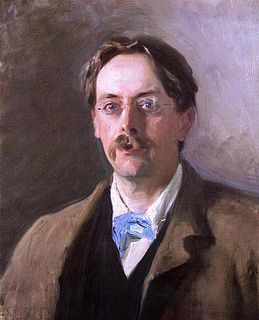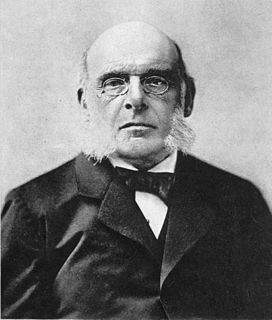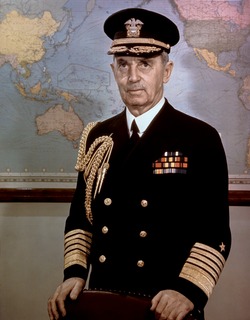A Quote by George Orwell
And in the general hardening of outlook that set in ... practices which had been long abandoned ... -- imprisonment without trial, the use of war prisoners as slaves, public executions, torture to extract confessions, the use of hostages and the deportation of whole populations -- not only became common again, but were tolerated and even defended by people who considered themselves enlightened and progressive.
Related Quotes
Better contraceptives will control population only if people will use them. A nuclear holocaust can be prevented only if the conditions under which nations make war can be changed. The environment will continue to deteriorate until pollution practices are abandoned. We need to make vast changes in human behavior.
The Great War differed from all ancient wars in the immense power of the combatants and their fearful agencies of destruction, and from all modern wars in the utter ruthlessness with which it was fought... Europe and large parts of Asia and Africa became one vast battlefield on which after years of struggle not armies but nations broke and ran. When all was over, Torture and Cannibalism were the only two expedients that the civilized, scientific, Christian States had been able to deny themselves: and they were of doubtful utility.
The immediate success of the war poem anthologies ... proved that the war had aroused in a new public an ear for contemporary verse ... There has never before, in the world's history, been an epoch which has tolerated and even welcomed such a flood of verse as has been poured forth over Great Britain during the last three years.
Throughout history civilian populations and political rulers have talked of peace. We have never been free of war. The soldier, whose profession is war, understands that peace must be enforced by superior military might. The certainty of defeat is the only effective deterrent we can use to maintain peace. Furthermore, we can be strong without being aggressive.
Actions are held to be good or bad, not on their own merits, but according to who does them. There is almost no kind of outrage-torture, imprisonment without trial, assassination, the bombing of civilians-which does not change its moral color when it is committed by 'our' side. The nationalist not only does not disapprove of atrocities committed by his own side, he has a remarkable capacity for not even hearing about them.
Without general elections, without unrestricted freedom of press and assembly, without a free struggle of opinion, life dies out in every public institution, becomes a mere semblance of life, in which only the bureaucracy remains as the active element. Public life gradually falls asleep, a few dozen party leaders of inexhaustible energy and boundless experience direct and rule. Such conditions must inevitably cause a brutalization of public life: attempted assassinations, shootings of hostages, etc.
To trust arms in the hands of the people at large has, in Europe, been believed...to be an experiment fraught only with danger. Here by a long trial it has been proved to be perfectly harmless...If the government be equitable; if it be reasonable in its exactions; if proper attention be paid to the education of children in knowledge and religion, few men will be disposed to use arms, unless for their amusement, and for the defense of themselves and their country.
It is my opinion that the use of this barbarous weapon at Hiroshima and Nagasaki was of no material assistance in our war against Japan. The Japanese were already defeated and ready to surrender... In being the first to use it, we had adopted an ethical standard common to the barbarians of the Dark Ages.
I can't say with certainty that slavery would have ended more quickly and more completely if the South had been allowed to leave and escaped former slaves had been allowed to remain free, and the North and the rest of the world had been a positive influence on the South. However, it's certainly a possibility that it would have ended sooner if the southern slave owners had agreed to a system of compensated emancipation and freed the slaves without a war and without secession, as most nations that ended slavery did. That absolutely would have been preferable to the Civil War as it happened.
Subjecting prisoners to abuse leads to bad intelligence, because under torture a detainee will tell his interrogator anything to make the pain stop. Second, mistreatment of our prisoners endangers U.S. troops who might be captured by the enemy – if not in this war, then in the next. And third, prisoner abuses exact on us a terrible toll in the war of ideas, because inevitably these abuses become public.






































